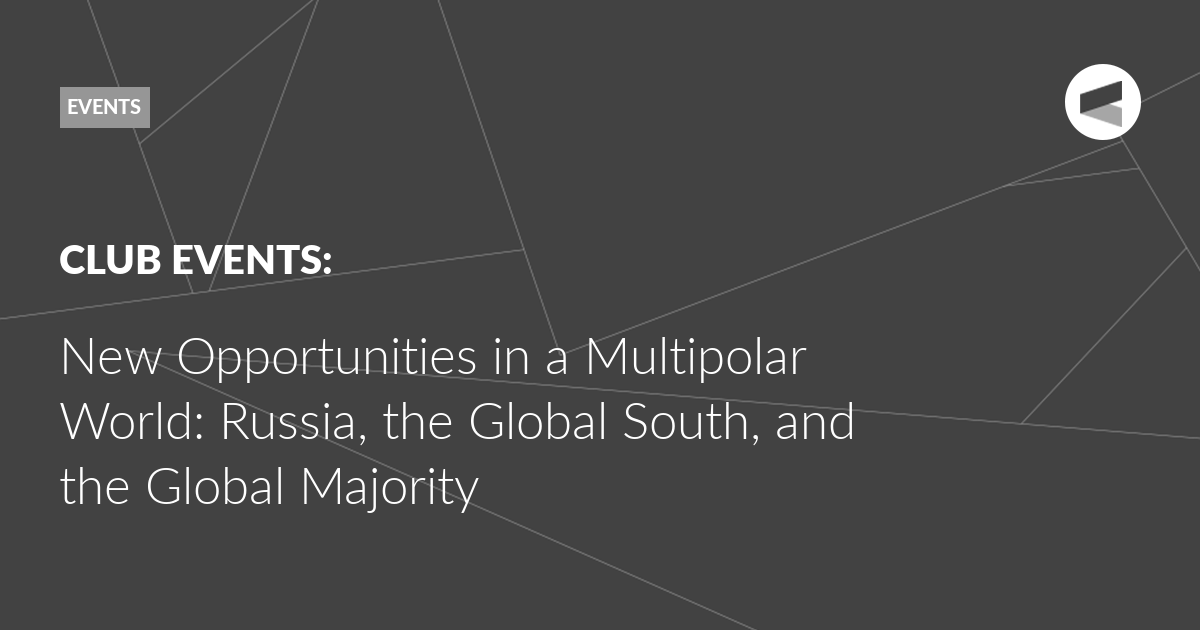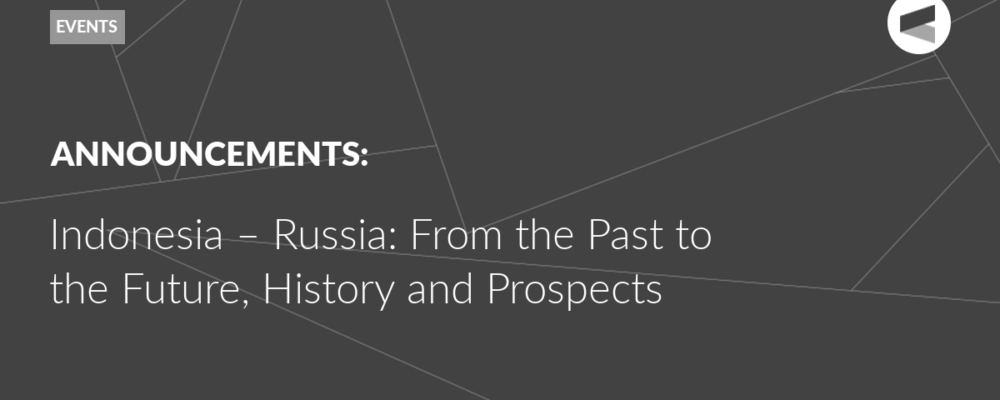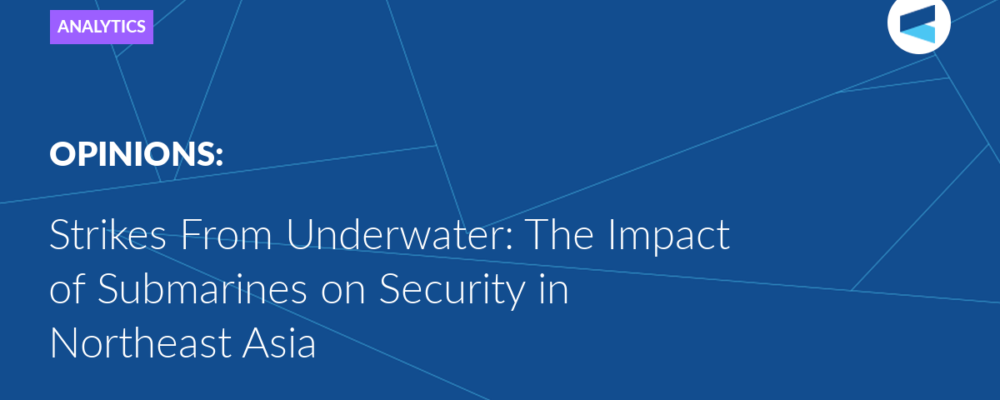On November 29, 2024, the Valdai Club hosted an expert discussion titled “Russia, the Global South, and the Global Majority.” Moderator Timofei Bordachev called the topic both timely and important. According to him, interaction with the countries of the global majority and the Global South is of great importance for Russia in the new system of external relations. In addition, these countries themselves now have a much greater influence on world politics and economics than they did just a few years ago.
Lydia Kulik, Head of India Studies at the Skolkovo School of Management, noted that the countries of the Global South are characterised by their boundless diversity, but they are united by a desire to defend their interests, strengthen their voices in the international arena, and achieve respect for their approaches. They, especially the African countries, expect a more active position from Russia, which they see as the guarantor of a more just world order. The initiatives formulated by Russia during its year as president of BRICS may become an important factor in correcting the imbalance in the global economy and building a fairer world, but their implementation will take time. At the same time, with regards to Indian politics, Kulik pointed out that while the main asset of African countries remains a rich resource base, in the case of India this role is played by its domestic market – the most dynamically developing in the world. In the near future, it could come to be thought of as the locomotive of the global economy. Accordingly, New Delhi protects it with tariff barriers and uses access to it as a trump card in negotiations. Many countries of the global majority behave in a similar way – and this must be taken into account, Kulik believes.
“The whole world understands that the future belongs to the Global South, and that there is great competition in working with it, including Africa,” said Denis Degterev, Editor-in-Chief of the Jounal of the Institute for African Studies RAS, professor at the National Research University Higher School of Economics. In particular, Western countries are actively co-opting African elites. At the same time, small African countries have a hard time in the complex modern world, and so they hope to rely on collective mechanisms to protect their interests. In the past, such mechanisms were the Non-Aligned Movement, UNCTAD, Group 77, and so on, but later the self-sufficiency of the Global South has noticeably decreased, including due to the collapse of the Soviet Union. BRICS looks like a second attempt to increase it. According to Degterev, Russia is again acting as a structure-forming actor in world politics, which helps to form collective institutions of global governance capable of working in the interests of the countries of the Global South.
Glenn Diesen, a professor at the University of South-Eastern Norway, emphasised that the rise of the global majority corresponds to the interests of both Russia and the countries of the Global South. Now there is a transition from a unipolar to a multipolar world, and this creates great tension and many conflicts, but at the same time opens up new opportunities for cooperation that the Global South can take advantage of. This also concerns diversification in the economic sphere, in which it is gaining greater political sovereignty. The countries of the Global South are successfully moving to a new level, becoming subjects of the world order, rather than objects. At the same time, in order to retain their subjectivity, they try to avoid bloc politics and cooperate with different centres of influence. Institutions such as BRICS are gaining popularity, helping to diversify the economy and industry, creating new banks, opening new transport corridors, facilitating trade in national currencies and the creation of national stock exchanges. Many countries of the global majority perceive China as a role model – a huge power that does not dominate, does not insist on universalism and does not try to dominate other countries. The policy of international cooperation pursued by China and Russia is an alternative to the hegemonic approach of the United States and NATO, which pushes the West to exacerbate crises and build a system of military alliances. The Global South must resist this, Diesen concluded.
The Valdai Discussion Club was established in 2004. It is named after Lake Valdai, which is located close to Veliky Novgorod, where the Club’s first meeting took place.
Please visit the firm link to site






